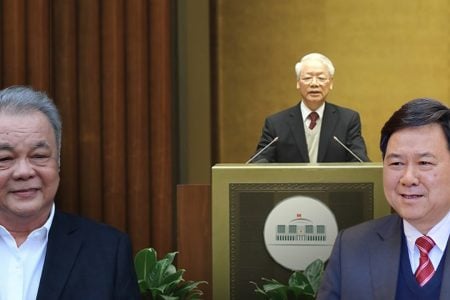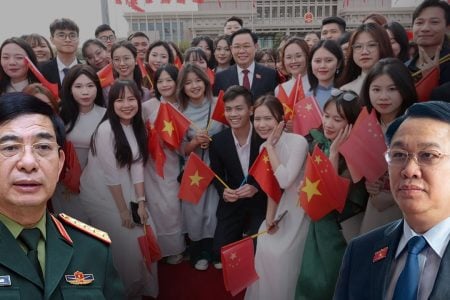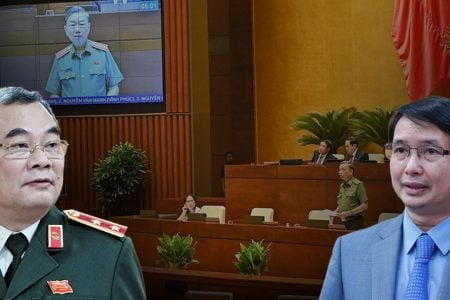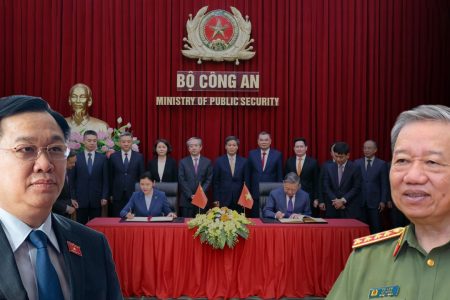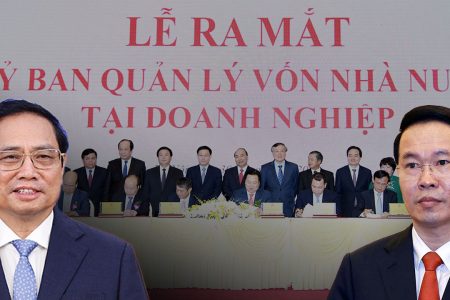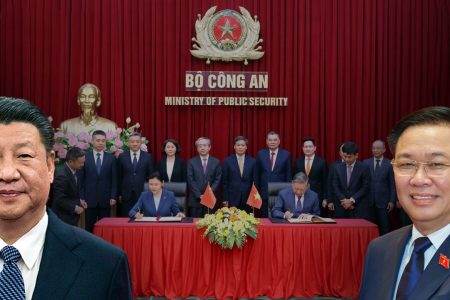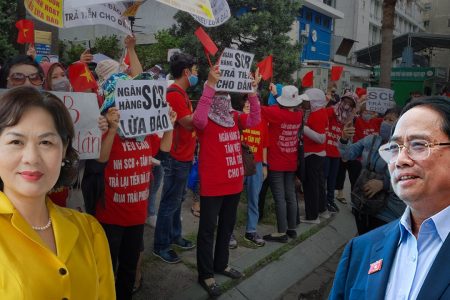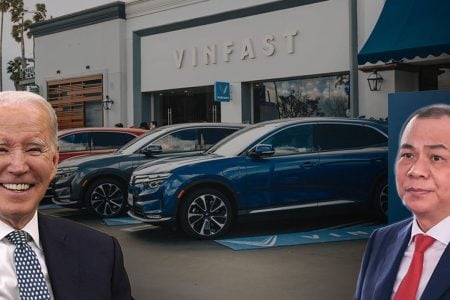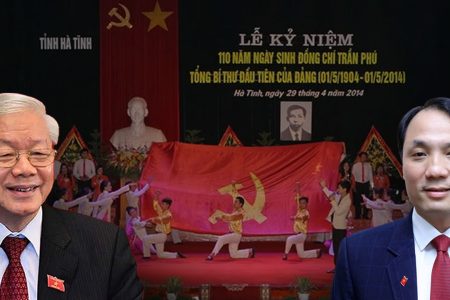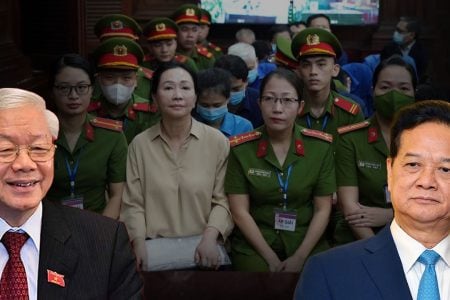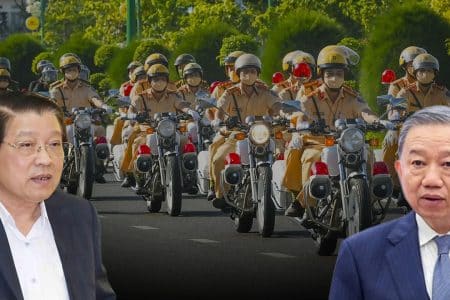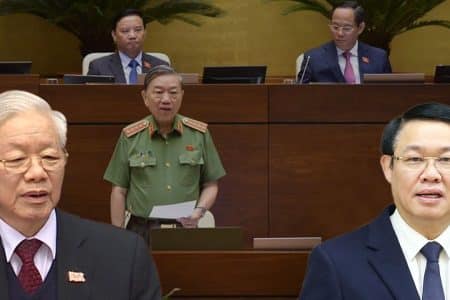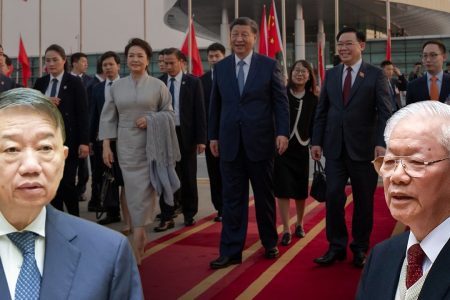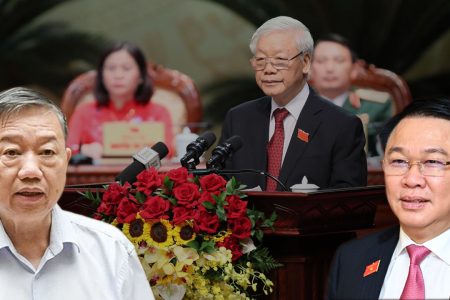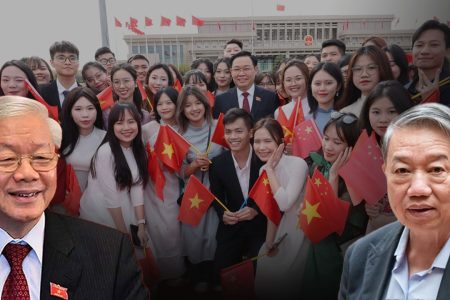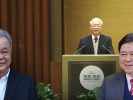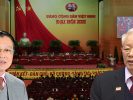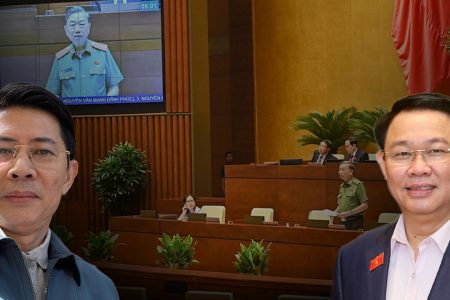
Vietnam’s highest legislative body National Assembly (NA) has just finished its extraordinary session on January 11. It is called “extraordinary” because the rubber-stamped parliament meets twice a year, spring and autumn, around May and October.
The content of this meeting revolved around economic recovery, especially with the support package worth more than $15 billion. However, another important content, but less noticed, is the amendment of eight major laws by the NA, including the Law on Investment, the Law on Special Consumption Tax, and the Law on Electricity.
Normally, to pass or amend a law, the consultation process takes a long time. There are bills, including the Law on Associations, which were proposed in the late 1990s and have 13 drafts, but have not been submitted to the National Assembly until now.
However, since the above bills apply the “shortened” process of an extraordinary session, the actual consultation period is only 20 days. Unlike many other drafts, the public is almost unaware of the content of the proposed amendments this time.
Research organizations and independent experts may not have enough time to assess the impact of the law, so the National Assembly deputies depend entirely on the drafting committee’s explanation when deciding to press the button.
The “fast move” to get the amendments passed quickly is even more questionable, if we go into the details.
Regarding the Law on Special Consumption Tax, the government proposes to reduce the tax rate to 3% for battery-electric cars within 5 years. This is a policy that sounds like a noble goal of reducing emissions, encouraging green consumption, as well as in line with Vietnam’s recent commitment to combat climate change at the COP26 conference in Scotland.
However, the time of issuance coincides surprisingly with the fact that VinFast, the car manufacturer of Vingroup, announced that it will completely switch to the electric car segment from 2022. As foreign electric car manufacturers – such as Tesla face difficulty penetrating the domestic market because there is no infrastructure, this modification helps VinFast alone to dominate the domestic electric car market.
Of course, no beauty is free. If calculated according to Vingroup’s plan to sell electric cars in 2022 (about 9,500 vehicles), the state will lose about VND 684 billion ($30 million) if it does not apply the current tax rate for other types of cars (15%).
The revised Electricity Law allows the private sector to participate in the investment, infrastructure development, and transmission operation at certain stages. The argument of the drafting committee is also very reasonable: the lack of transmission system infrastructure makes the electricity industry difficult to operate.
Coincidentally, at the end of 2020, Trung NamGroup was the first private company to invest in the transmission system. Power transmission is a sensitive area that greatly affects national security and needs to be carefully considered.
Even in “capitalist” countries like New Zealand, transmission has always been a state monopoly. In Laos, after being unable to pay off its debt, the country had to sell its national power transmission company to China, creating security concerns. There is no denying the need to invest in power transmission infrastructure, but have the risks of the project been thoroughly studied?
The amended Investment Law proposes to change the decentralization of authority to grant permits for investment projects in residential areas with a scale of 50,000 people to localities (provincial people’s committees).
This theoretically gives localities more freedom in deciding on urbanization policies but puts residents – especially farmers – at great risk of forced land acquisition.

Even with the current limited power over land, the issue of land acquisition has long been a policy hotbed of Vietnam, from trillions of corruption cases to tragedies in Van Giang (Hung Yen Province in 2012), Tien Lang (Hai Phong in 2013), or most recently Dong Tam (Hanoi, 2021). When given the right to give birth and kill, what can be done to ensure that local officials do not defy “the king’s permission to lose to the village rules“?
In addition, the NA also passed a number of other small amendments, such as putting cybersecurity services on the list of conditional businesses. This amendment, although reasonable, also requires extensive discussion and careful consultation of influential parties before being submitted to the National Assembly.
Of course, the proposed amendments may only have good intentions, to improve the investment environment, and to contribute to economic recovery. However, a policy issue always has two sides, the development of laws, therefore, needs to be carefully considered to limit possible negative impacts. For example, when increasing the authority of the Provincial People’s Committee, it is necessary to simultaneously strengthen the mechanism to receive and handle complaints from people, to prevent conflicts over land use.
In addition, such coincidences as mentioned above raise the question of policy manipulation for some interest groups. For the avoidance of doubt, bills must be openly discussed, and consultative parties – from government agencies, civil society organizations, the press, and the public – should also be given sufficient time to study, debate, and confront the drafting committee. Unfortunately, with a streamlined process like the last session, this is not possible.
The problem with police corruption is that it is very difficult to authenticate. Receiving a deposit, signing an appointment decision, or driving a Lexus with a blue sea is easy to detect and handle.
But if he was to issue a legal document in the right way to support his “backyard,” it would be almost impossible to blame him.
Policy corruption is dangerous because it is more subtle, more impactful, and severe, and especially because it legitimizes corruption as a normal “legislative” act. The recent story of collusion between Viet A and officials of the Ministry of Health and the Ministry of Science and Technology is probably just the tip of the iceberg.
Viet A was exposed to many unusual circumstances related to the involvement of many state agencies and line ministries.
Policy corruption is of course not just a problem of Vietnam. However, in many countries, lobbying to the advantage of certain interest groups is tightly controlled by law.
More importantly, the power and surveillance capabilities of the press and civil society organizations help to limit much policy manipulation. Unfortunately, in Vietnam today, the operating space of both the press and civil society is shrinking.
The organization that is supposed to have a supervisory function – the Fatherland Front system and mass organizations (such as the Youth Union, Women’s Union, and Farmers’ Union), do not seem to have the capacity to do so. Moreover, because these organizations are affiliated with the Communist Party of Vietnam, giving them the right to supervise is like playing a soccer ball and blowing a whistle.
Given that situation, curing current policy corruption is perhaps even more difficult than dealing with the Covid-19 pandemic.
Thoibao.de (Translated)




